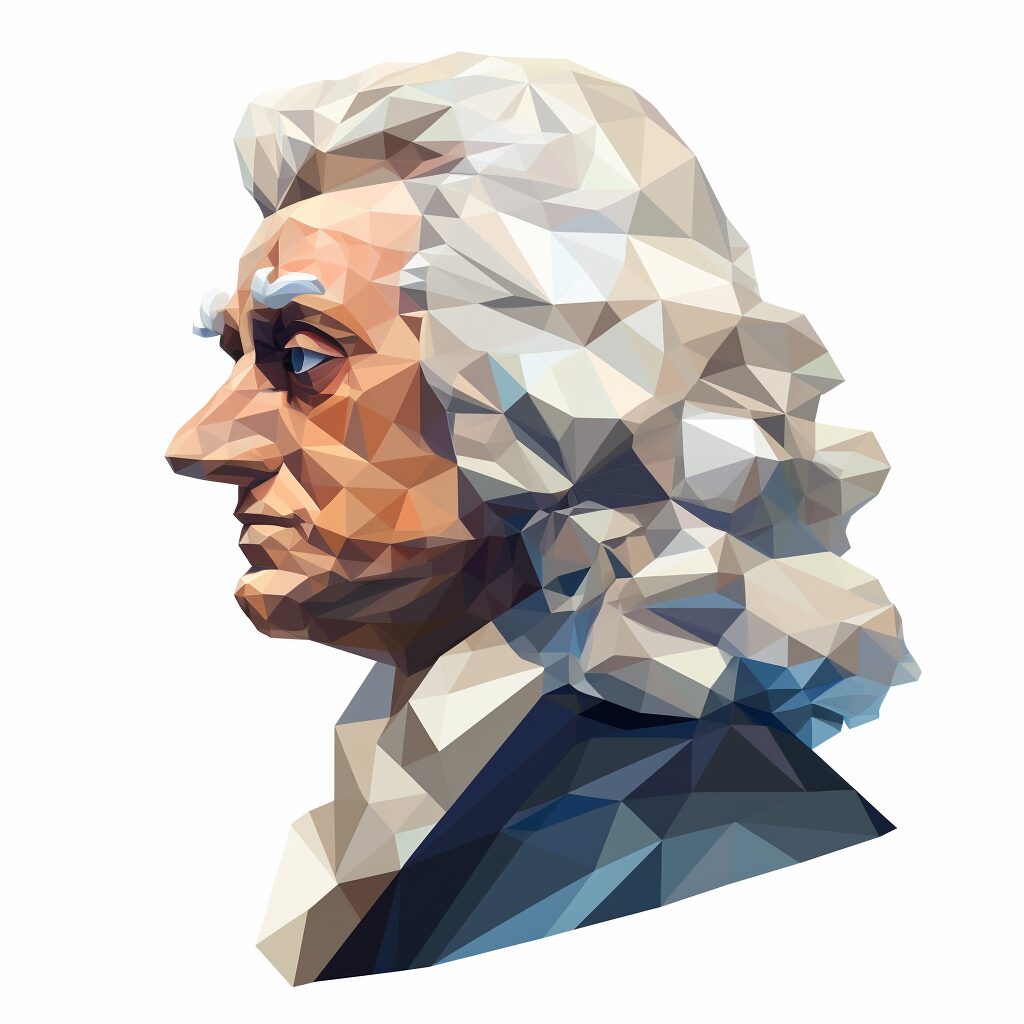Eric Allin Cornell Quotes
- Physicist
- USA
- 1961
Eric Allin Cornell is an American physicist and Nobel Laureate who won the Nobel Prize in Physics in 2001 for his work in the discovery of the Bose-Einstein condensate. He is a professor of physics at the University of Colorado Boulder and a senior scientist at the National Institute of Standards an…Read More
Eric Allin Cornell is an American physicist and Nobel Laureate who won the Nobel Prize in Physics in 2001 for his work in the discovery of the Bose-Einstein condensate. He is a professor of physics at the University of Colorado Boulder and a senior scientist at the National Institute of Standards and Technology. He has made significant contributions to the field of atomic physics, including the development of laser cooling and trapping of atoms, and the study of Bose-Einstein condensates. He is also the co-author of the book The Bose-Einstein Condensation, which is widely regarded as the definitive work on the subject.Read Less
Eric Allin Cornell is an American physicist and Nobel Laureate who won the Nobel Prize in Physics in 2001 for his work in the discovery of the Bose-Einstein condensate. He is a professor of physics at the University of Colorado Boulder and a senior scientist at the National Institute of Standards and Technology. He has made significant contributions to the field of atomic physics, including the development of laser cooling and trapping of atoms, and the study of Bose-Einstein condensates. He is also the co-author of the book The Bose-Einstein Condensation, which is widely regarded as the definitive work on the subject.
Eric Allin Cornell Career Highlights
Eric Allin Cornell is a renowned American physicist who is best known for his groundbreaking work in the field of quantum physics. He has made significant contributions to the study of Bose-Einstein condensates, a state of matter that was first predicted by Albert Einstein and Satyendra Nath Bose in the 1920s. Cornell’s career highlights include receiving the Nobel Prize in Physics in 2001, along with his colleagues Carl Wieman and Wolfgang Ketterle, for their pioneering work on Bose-Einstein condensates.
Key Contributions by Eric Allin Cornell
Cornell’s key contributions to the field of quantum physics include his role in the creation of the first Bose-Einstein condensate in 1995. This breakthrough experiment, conducted at the Joint Institute for Laboratory Astrophysics (JILA) at the University of Colorado, marked the first time that scientists were able to observe and manipulate this elusive state of matter. Cornell’s work has also led to advancements in the study of superfluidity and superconductivity, as well as the development of new technologies such as atom lasers.
What Sets Eric Allin Cornell Apart
What sets Eric Allin Cornell apart from other physicists is his ability to bridge the gap between theoretical and experimental physics. He has a deep understanding of both fields and has been able to apply his knowledge to make groundbreaking discoveries. Cornell is also known for his collaborative approach to research, often working closely with other scientists to achieve a common goal. His dedication and passion for his work have made him a highly respected figure in the scientific community.
Takeaways
Eric Allin Cornell’s career highlights and key contributions serve as a reminder of the importance of curiosity and collaboration in scientific research. His groundbreaking work on Bose-Einstein condensates has opened up new avenues for exploration and has paved the way for future advancements in the field of quantum physics. Cornell’s achievements also highlight the significance of interdisciplinary approaches in scientific breakthroughs.









